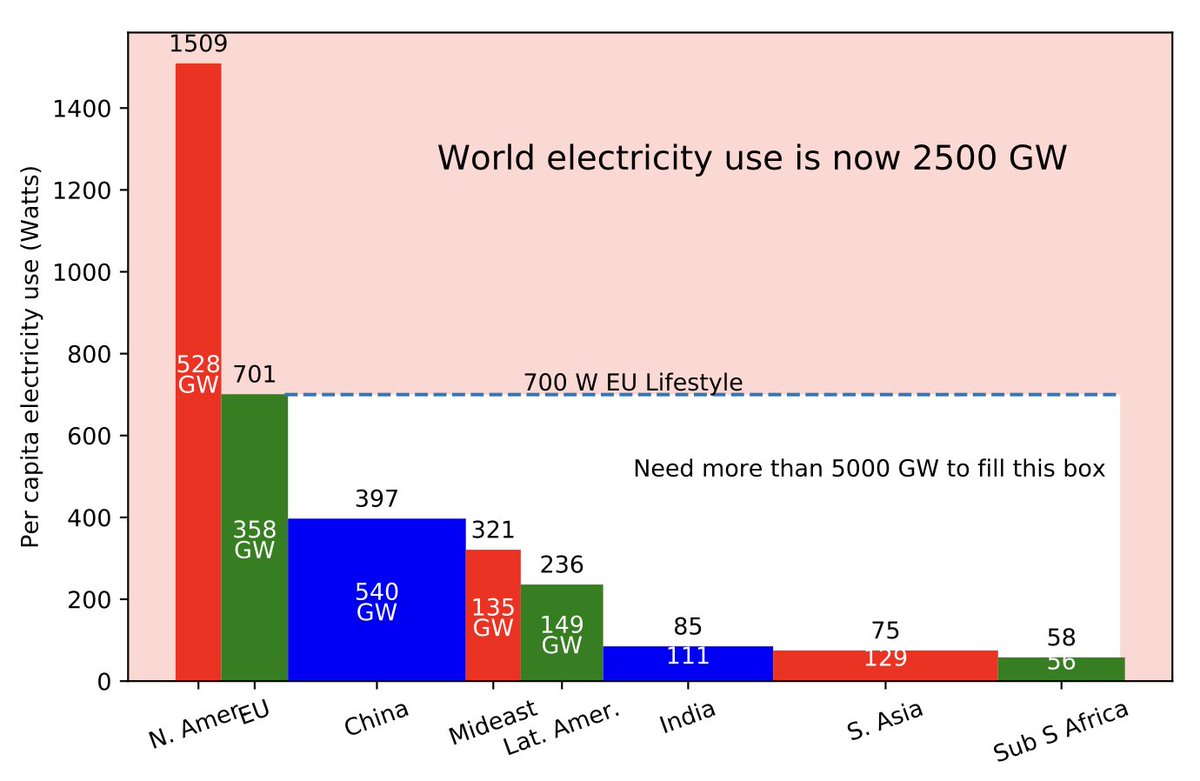
My recent post on nuclear has generated a lot of discussion (see link and thread below if you missed it).
Here's a thread with some replies worth reading.
Here's a thread with some replies worth reading.
https://twitter.com/jasoncrawford/status/1383116838712713220
Here, @mchammo argues for risk-informed regulation and says the price of nuclear can come down:
https://twitter.com/mchammo/status/1384712250959794176
Here, @gilbeaq blames industry more than regulators, and points out that infrastructure projects and all megaprojects are prone to cost and schedule overruns
https://twitter.com/gilbeaq/status/1384884027316912128
A number of good replies on Reddit, for instance this comment from allklier: reddit.com/r/rootsofprogr…
BrianHoltz on Reddit pointed me to this IEEE article arguing that nuclear has fundamental engineering and scaling limits: ieeexplore.ieee.org/stamp/stamp.js…
EnckesMethod on Reddit pointed me to this paper claiming that “safety-related factors were important but not the only driver of cost increases” in nuclear cell.com/joule/fulltext…
And a lot of discussion on @lesswrong as well: lesswrong.com/posts/ThvvCE2H…
Also for context, @JGAMPHO pointed me to this older thread explaining nuclear costs:
https://twitter.com/6point626/status/1336016384581578753
I think this issue is difficult because of feedback loops / compounding cycles.
In particular, the kinds of nuclear incumbents we have are *both a cause and an effect* of the kind of regulatory system we have.
Need to be careful in deciding which is fundamental or essential.
In particular, the kinds of nuclear incumbents we have are *both a cause and an effect* of the kind of regulatory system we have.
Need to be careful in deciding which is fundamental or essential.
For instance, an analysis that “costs are high because nuclear companies are inefficient” is incomplete. *Why* do we have inefficient incumbents? And why don't they face stiffer competition?
In any case, any analysis needs to take account of all of these interactions and cycles, at multiple levels—and how they add up over a generation or more.
If there is a disease afflicting the nuclear industry, it is at an advanced stage. Not a tumor, but metastasis.
If there is a disease afflicting the nuclear industry, it is at an advanced stage. Not a tumor, but metastasis.
One more, a good thread from @atrembath
https://twitter.com/atrembath/status/1384911727297548289
• • •
Missing some Tweet in this thread? You can try to
force a refresh







